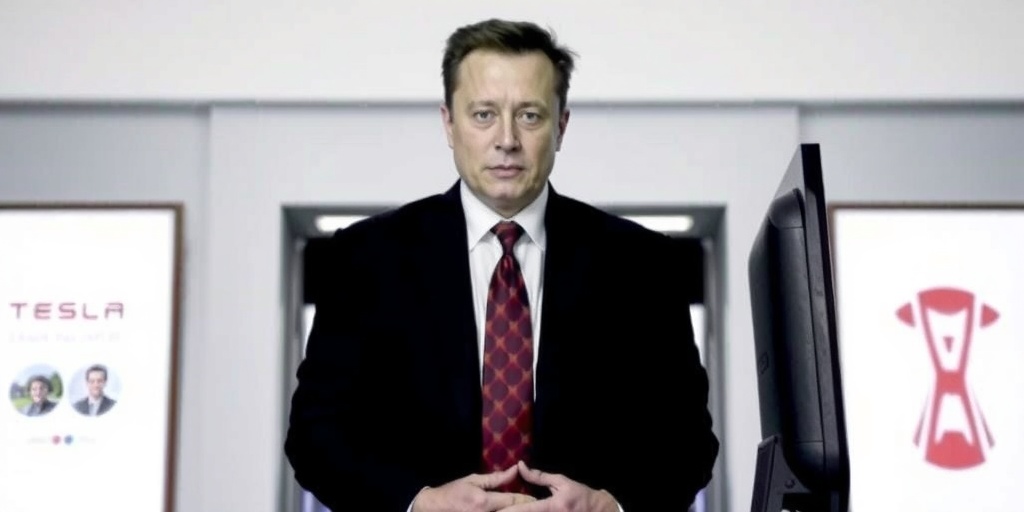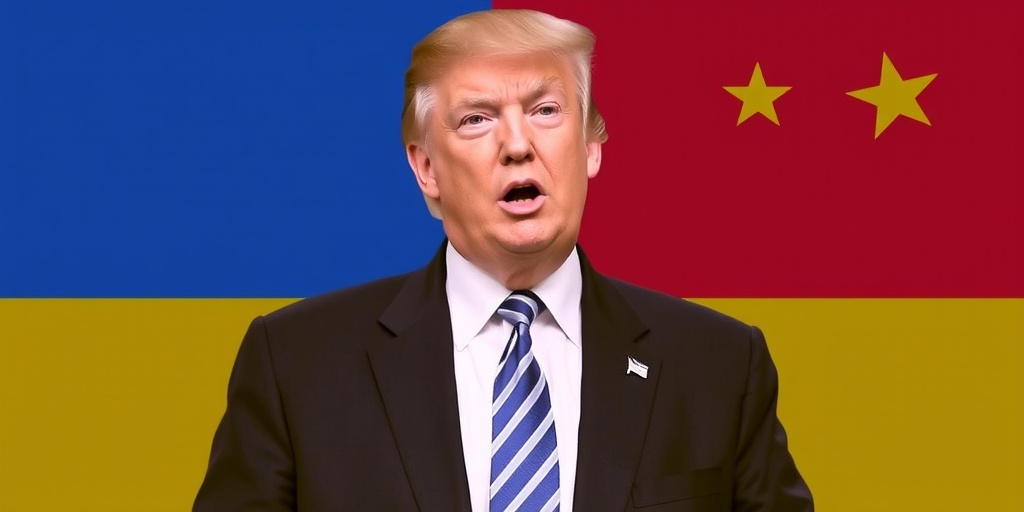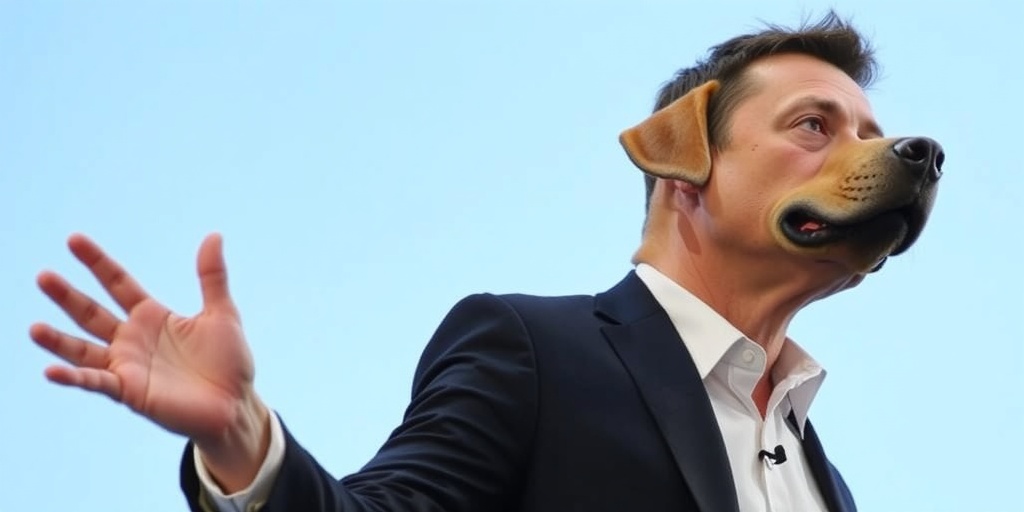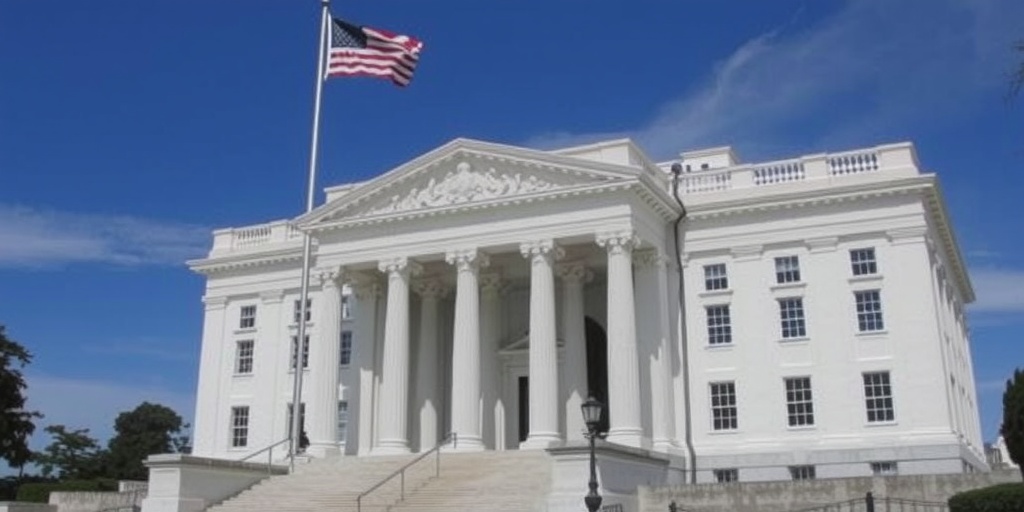Now Reading: How Elon Musk Took Control of Federal Bureaucracy
-
01
How Elon Musk Took Control of Federal Bureaucracy
How Elon Musk Took Control of Federal Bureaucracy

Elon Musk’s Strategic Takeover of the Federal Bureaucracy
Elon Musk’s recent foray into the realm of federal governance has sparked intense debate over the implications of his ambitious Department of Government Efficiency (DOGE). Born from a seemingly casual dinner conversation in September 2023, Musk’s unsolicited vision for transforming governmental operations has quickly evolved into an unprecedented ambition that grants him unusual influence over federal agencies.
During a high-profile dinner in Silicon Valley, Musk gathered with tech investor Chamath Palihapitiya and other influential figures, where he openly discussed his frustrations with government regulations that hindered his ventures, particularly SpaceX. Musk emphasized that dismantling the federal bureaucracy would be a technological challenge, echoing his experience at Twitter—now X—where direct access to the company’s servers enabled him to drive swift changes. Musk’s remarks at the dinner hinted at the radical proposition he would later pursue: direct control over federal systems.
His ideas soon gained traction, culminating in discussions that outlined a radical plan to overhaul the federal bureaucracy. Initially viewed as a whimsical notion, the concept of DOGE took shape through Musk’s fervent libertarian ideals and his desire to exert influence without relinquishing control of his corporate empire. By embedding his engineers and aides within the government, Musk has effectively positioned them within critical digital infrastructure, leading many civil servants to express astonishment at the pace and audacity of these operations.
Musk’s strategy has been multifaceted. His initiative included commandeering the Office of Personnel Management (OPM) to pressure civil servants into leaving their positions, a move aimed at culling the workforce. Simultaneously, his team has been delving into key computer systems across more than 20 federal agencies, scrutinizing financial flows to identify and ultimately curtail governmental spending. Reports from The New York Times indicate that Musk’s operatives have sought access to sensitive databases, including those belonging to the Social Security Administration and the Internal Revenue Service.
This extraordinary transformation has been made possible, in part, by the atmosphere of bold experimentation and cost-slashing reminiscent of the Trump administration’s earlier approach. Musk’s inclination towards impulsive decision-making and disregard for traditional governance structures has alarmed many seasoned officials within the federal system, who find themselves unprepared for this unconventional incursion.
The groundwork for this audacious plan was laid in secretive meetings in Palm Beach, Florida, where Musk and his allies—including individuals like Stephen Miller and Russell Vought—learned from experienced conservative operatives about the nuanced functions of government. They quickly identified an opening in the U.S. Digital Service—established by the Obama administration to tackle technology failures—as a strategic access point for influencing federal operations.
Musk’s ambition became evident shortly after the 2024 election when he began to assemble a close-knit team to advance his agenda. The appointment of Amy Gleason, a U.S. Digital Service veteran, as DOGE’s acting administrator has underscored Musk’s strategic move to integrate young engineers into government operations. As the team has grown, their rapid deployment has taken many by surprise, mounting operations that many view as an attempted takeover of the federal bureaucracy.
Musk’s operation has not only aimed to dismantle existing structures but has also actively recruited individuals who align with his vision for a leaner government. As the organizations within the bureaucracy face shifts and shake-ups, the culture of secrecy surrounding the DOGE initiative has woven fear into the fabric of civil service, deterring many from speaking out against the changes.
In just months, Musk’s vision has transitioned from a dinner table musing to a tangible operation with concrete effects on the workings of the U.S. government. His team has positioned itself for rapid impact, executing plans designed to realign federal operations under a new directive and fundamentally challenge the status quo.
As the conversation around the implications of Musk’s involvement in federal governance continues, it remains vital to examine how this unprecedented move will affect the broader landscape of American politics and the future of public service. With technology and government intermingling more than ever before, the pressing question remains: what does this mean for the balance of power between private interests and government accountability?
Stay Informed With the Latest & Most Important News
Previous Post
Next Post
-
 01New technology breakthrough has everyone talking right now
01New technology breakthrough has everyone talking right now -
 02Unbelievable life hack everyone needs to try today
02Unbelievable life hack everyone needs to try today -
 03Fascinating discovery found buried deep beneath the ocean
03Fascinating discovery found buried deep beneath the ocean -
 04Man invents genius device that solves everyday problems
04Man invents genius device that solves everyday problems -
 05Shocking discovery that changes what we know forever
05Shocking discovery that changes what we know forever -
 06Internet goes wild over celebrity’s unexpected fashion choice
06Internet goes wild over celebrity’s unexpected fashion choice -
 07Rare animal sighting stuns scientists and wildlife lovers
07Rare animal sighting stuns scientists and wildlife lovers





















